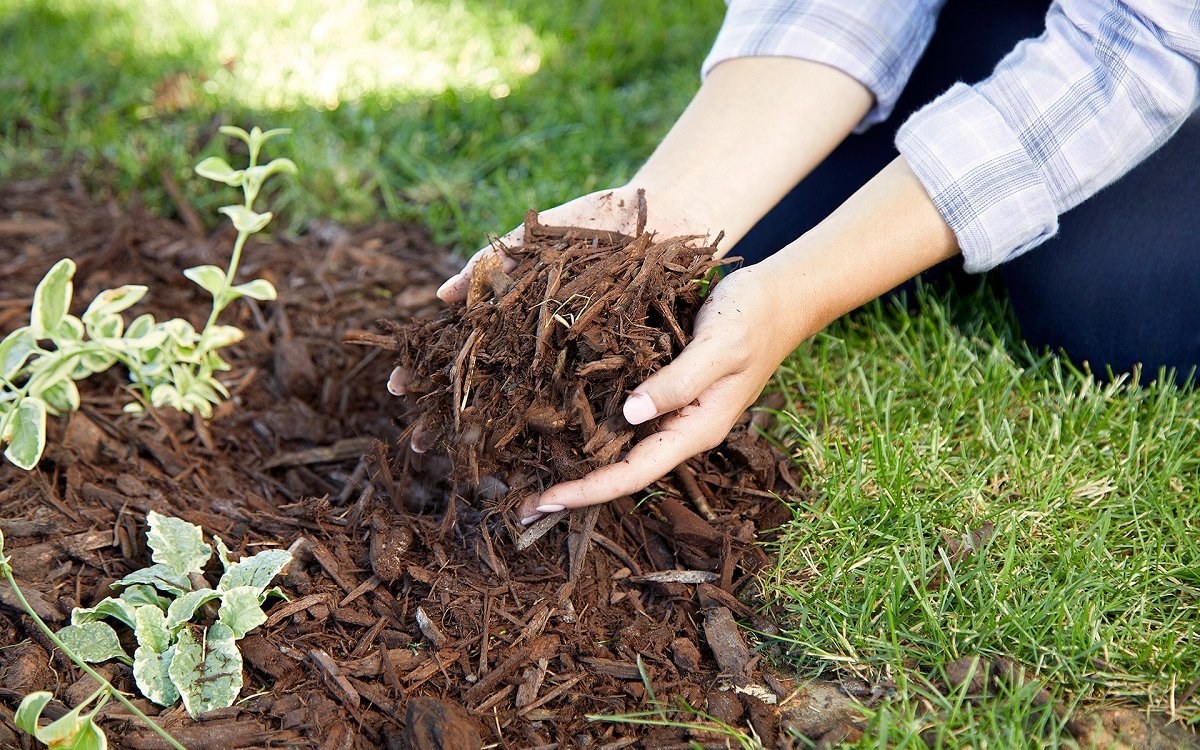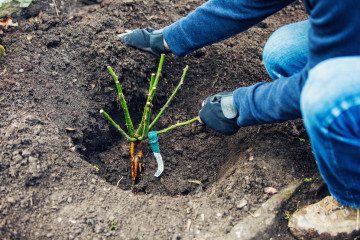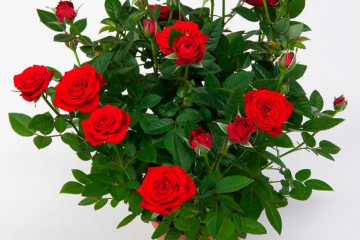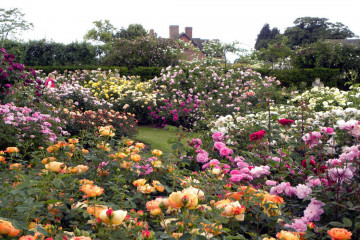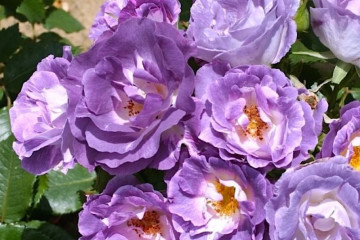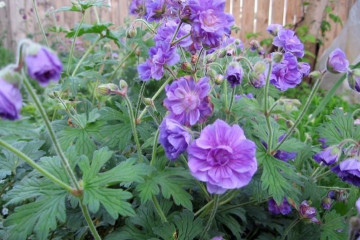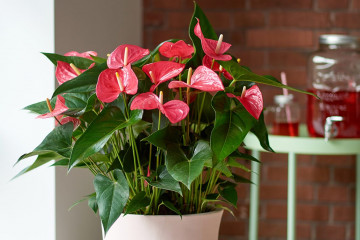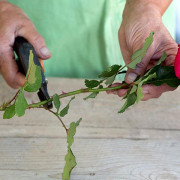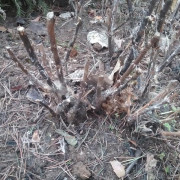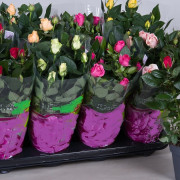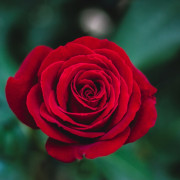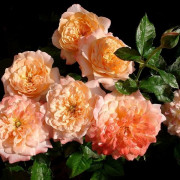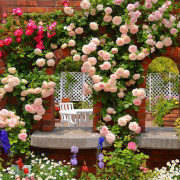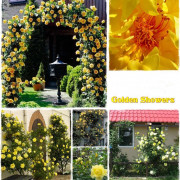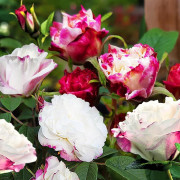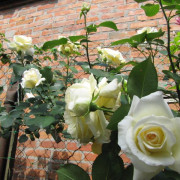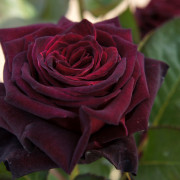How to mulch roses - which mulch is better
Content:
Roses have long been included in the list of the most popular flowers grown in summer cottages and in flower beds near private houses. And this is quite justified - they are amazingly beautiful, graceful and fill the air around with a magnificent aroma. Of course, in order for a flower garden to always please the eye, you need to take proper care of it. For example, it will be useful for novice growers to find out why, how and how to mulch roses. The question is really serious - it will be useful to analyze it in great detail.
Mulching roses - what is it
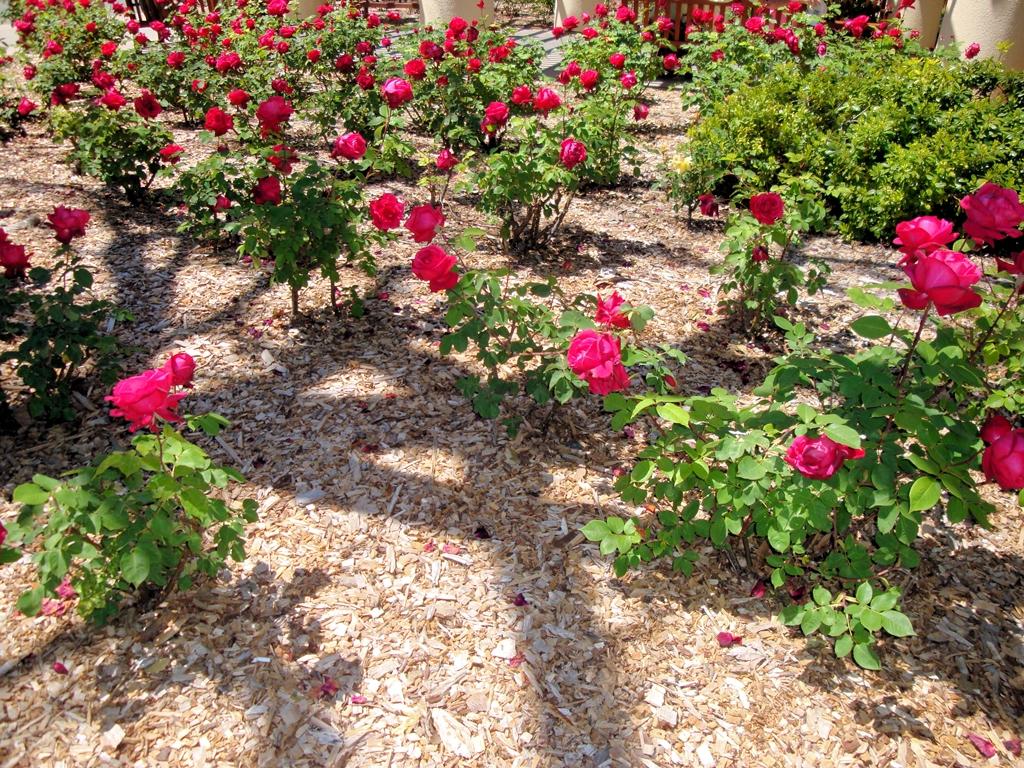
A simple and beautiful solution for mulching rose bushes
To begin with, you need to figure out what exactly is a mulch for roses. Basically, they are just piles of different materials covering the soil around the bushes. Their thickness may vary, but with proper mulching, a whole range of problems can be solved.
The need for mulching rose bushes
The next step is to understand why you need to mulch roses at all. In fact, the benefits are quite varied:
- Moisture is retained after heavy watering or rain.
- The drainage of clay soils is improved.
- Reduces the risk of weed germination.
- Pest insects are less likely to attack bushes.
Therefore, there is no need to doubt - the use of mulch provides many advantages and it is definitely not worth neglecting it.
Pros and cons of mulch heights
In general, it is necessary to approach the choice of the optimal layer height very seriously - a mulch that is too low, as well as too high, will not be able to efficiently cope with its function, and sometimes it can be harmful.
For example, if the layer is too thin (about 2-3 cm), then a strong gust of wind may well spread it throughout the entire area. This will reduce its attractiveness, and at the same time leave the roses unprotected.
On the other hand, too thick a layer (10-15 cm) of dense mulch will lead to the fact that the supply of air to the soil will deteriorate. This means that the plants will develop poorly, begin to wither, and in the end they may die.
It is better to stick to the optimal height without rushing from one extreme to another. Most experts believe that a 4 to 8 cm layer of mulch is correct.
What is the best mulch for roses
In general, the choice of materials that can be used for mulch is quite large. Therefore, flower lovers often face the question of how to mulch roses. It will be very helpful to list the most successful options.
Organic materials
This includes a whole group of materials: sawdust, moss, needles, manure, straw, weeds, crushed cones, compost and many others. Each of them has certain features that it will be useful to know about:
- Peat - increases the acidity of the soil, therefore it is advisable to use it only in areas with an alkaline reaction.
- Overripe manure, on the other hand, reduces acidity, making it a good choice for low pH soil.
- Straw provides particularly good thermal insulation, so it is best used in case of sudden night frosts that could kill the first shoots.
- The cut grass perfectly enriches the soil with nitrogen, which allows the plant to quickly build up green mass.
By choosing the right mulch material, you can achieve that the rose garden looks gorgeous in almost any conditions. An additional serious plus - all of the above can be obtained for free or for a nominal fee.
Mulching with non-woven materials
This category includes lutrasil, spunbond, agril and other materials. Their main disadvantage is that you have to spend money when buying. And if you need to mulch a few hundred square meters or tens of hundred square meters, then you will have to spend seriously. Plus, unlike organic mulch, they don't degrade to feed the soil. And in general, nonwovens do not change the chemical composition of the earth in any way.
But working with them is much easier - by covering the desired area with non-woven material, the summer resident can easily raise the temperature on it by several degrees. And maintenance, leveling and regular adding mulch are no longer needed.
Natural inorganic garden flower mulch
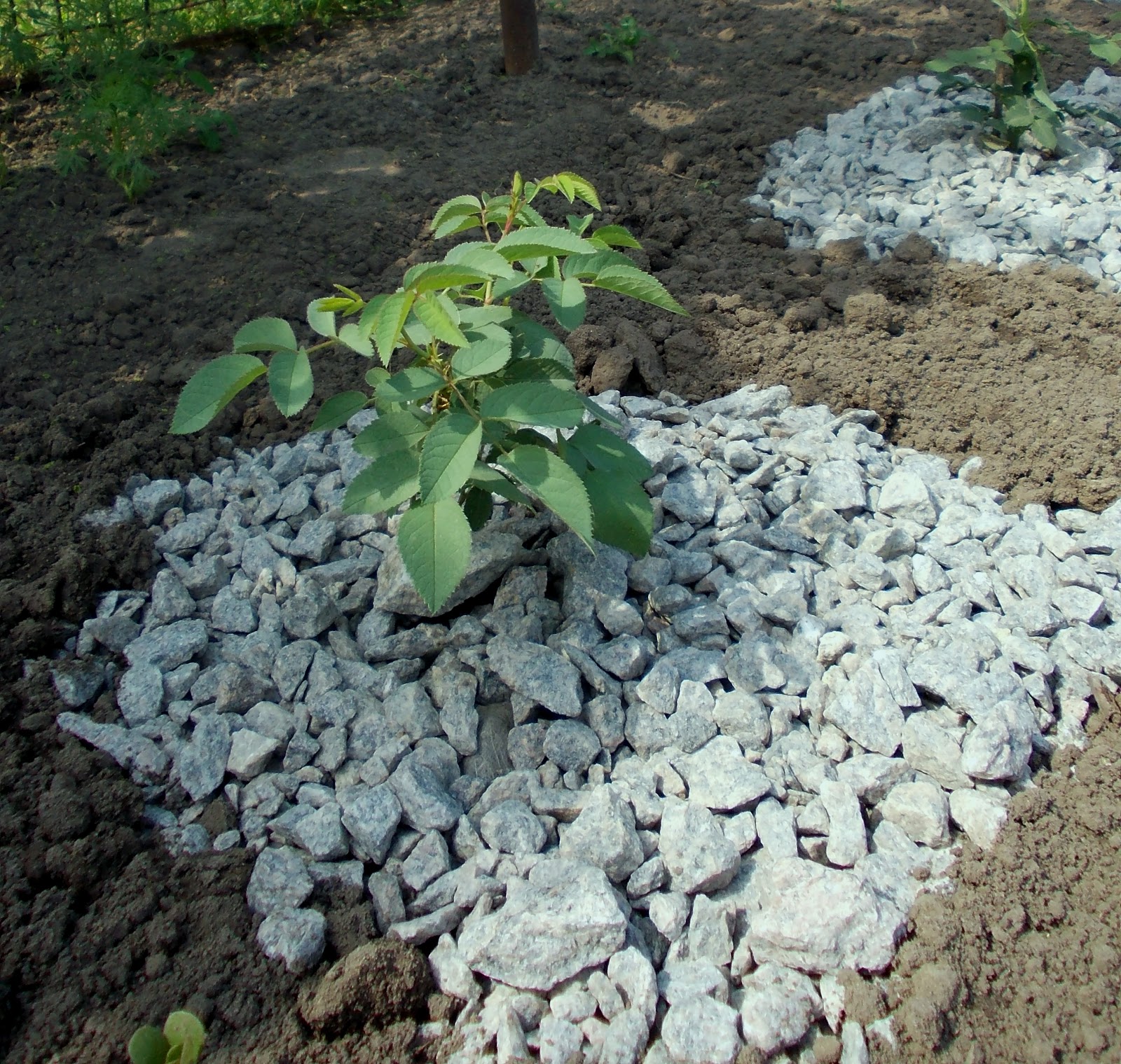
Crushed stone mulching
You can also use completely different materials in the garden - gravel, crushed stone, seashells, pebbles. They also do not change the composition of the soil. But they bring certain benefits.
For example, thanks to a layer of such mulch, there will be much less weeds on the site - they simply will not break through the rubble. Also, a stone and a shell perfectly accumulate heat, heating up in the sun and quickly warming up the soil - this can be very useful in spring.
Finally, if the garden is young and there are still few flowers in it, a beautifully laid inorganic mulch will be a great addition to it, acting as a decorative element. Therefore, you should not forget about this option.
Mixed mulching
However, some gardeners, instead of puzzling over the question of which mulch is better for roses, use several options at once, combining them with each other.
For example, you can cover the rose bushes with straw, and on top with a layer of gravel. On the one hand, this increases thermal insulation thanks to the straw. On the other hand, heavy stones will not allow the wind to carry away a light layer of mulch. Of course, efficiency and reliability in this case are dramatically increased.
Features of seasonal mulching of roses
It is advisable to carry out mulching work several times a year.
In the spring - the first wave. When the snow melts and the soil warms up and is saturated with moisture, you need to feed the site with appropriate fertilizers and cover with a layer of soil. The best choice would be peat, sawdust, pine needles. They will keep moisture in the ground so that the sun's rays do not dry it out.
With the arrival of hot summer days, it is worthwhile to carry out the second wave of mulching - preferably in June. Weeds, which still need to be mowed, will become an excellent material. Here, many summer residents have a question - is it possible to mulch roses with freshly cut grass. In general, yes. It also retains moisture, and at the same time enriches the soil with nitrogen. On the other hand, you need to ensure that there are no weed seeds here, as well as various parasitic insects that can harm roses.
However, the choice here is quite large - needles, peat, compost and other materials are also suitable. But before deciding how to mulch roses in the summer, you should carefully study the features of each of the available materials.
In the fall, straw or old hay is best. They perfectly protect the roots of roses from frost, so that they survive until winter, when they are covered with a thick layer of snow.
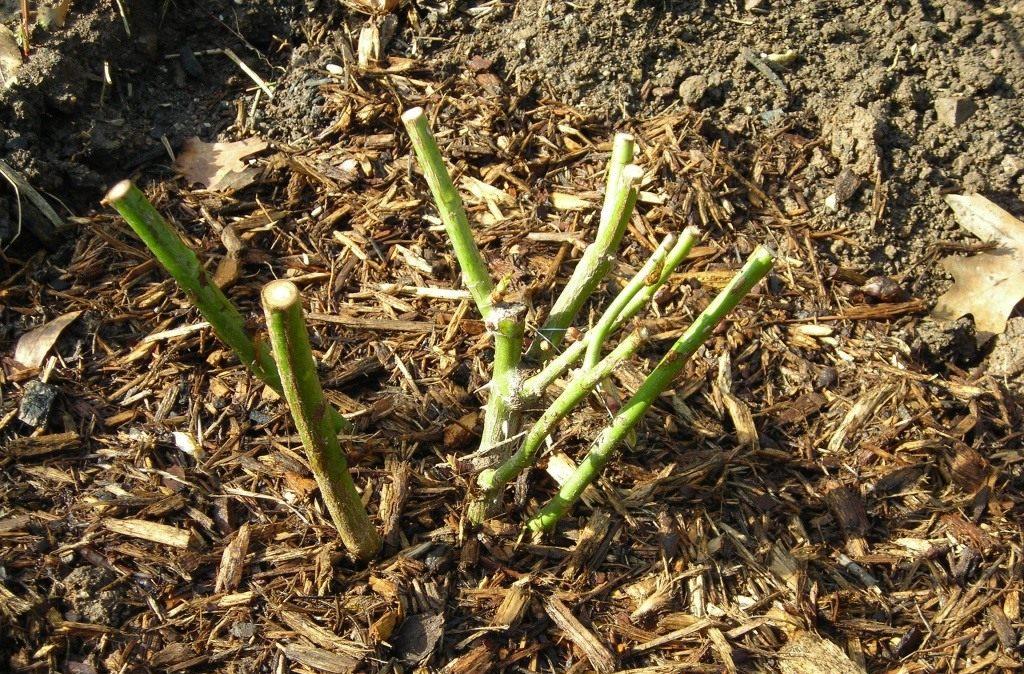
Mulching is of great benefit to the rose garden
Correct mulching of rose bushes
It doesn't matter what material is used for mulching roses: pine bark, peat, needles or any other - certain rules exist for everyone. And they should be remembered in order to bring only benefit to the garden and no harm:
- The mulch should not come into contact with the stems of the plants, otherwise the latter may start to rot due to excess moisture.
- Before backfilling the mulch, the selected area must be cleared of weeds, and at the same time the soil must be loosened on it.
- In spring, mulch is scattered only after it dries - otherwise the root system of roses may rot.
- On heavy soils, it is advisable to sprinkle the mulch in a thin layer so that there are no problems with the ventilation of the earth.
Caring for rose bushes after mulching
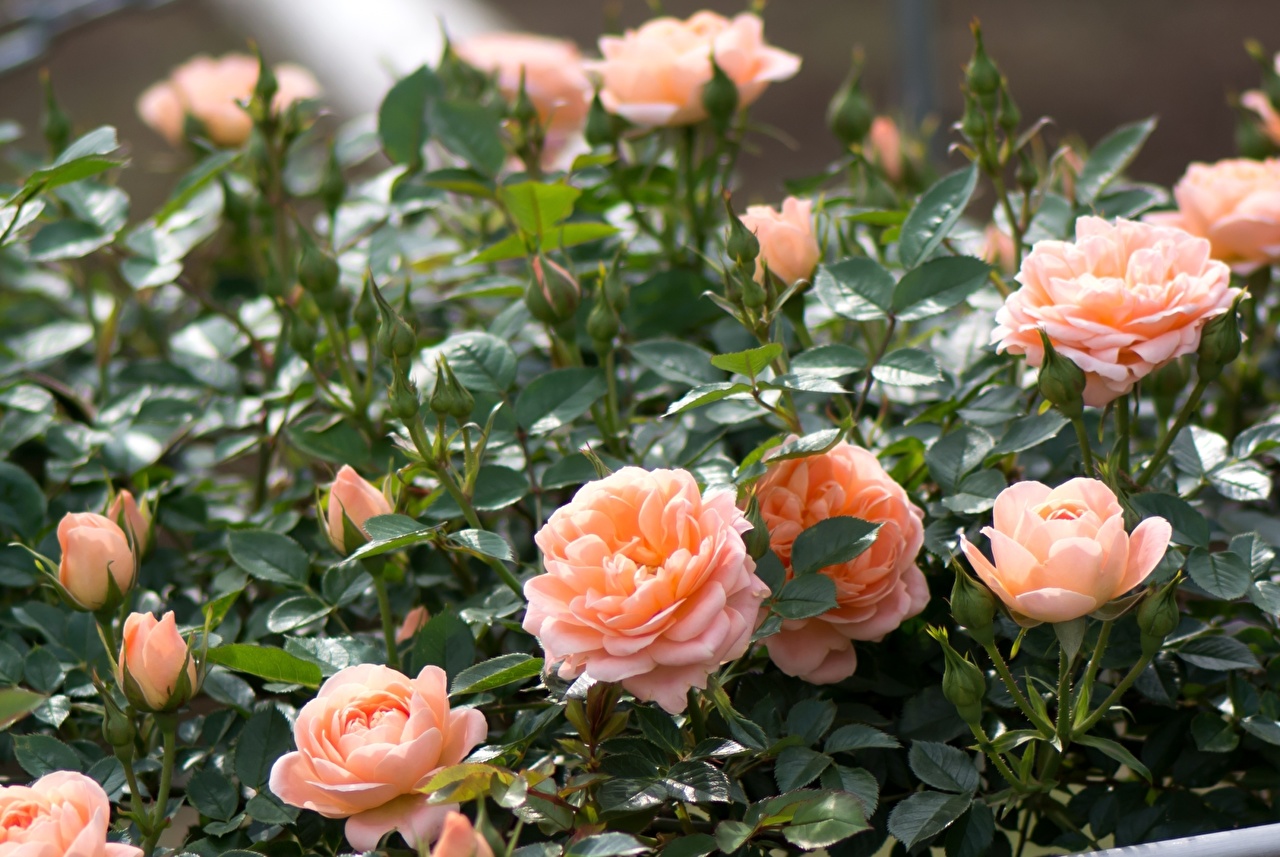
Roses will repay your care with abundant flowering
If all the work is done efficiently, then caring for roses after mulching will be much easier. It will be necessary to water the bushes 2-3 times less often, and if there is at least rare rains, there will be no need for this altogether.
Also, the soil is less compacted, which means that it will need to be loosened less often. Finally, having weeded out the weeds before backfilling the mulch, you may not even remember about them for a month or two.
So, mulching was not invented at all from scratch. The correct implementation of this important maintenance makes it easier to work in the garden and at the same time provides the roses with excellent conditions for growth.
